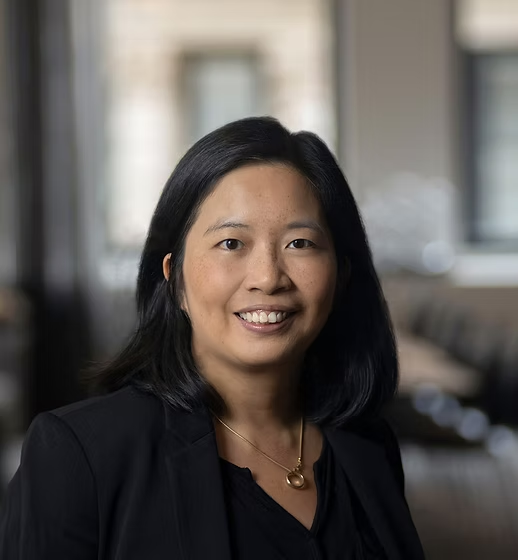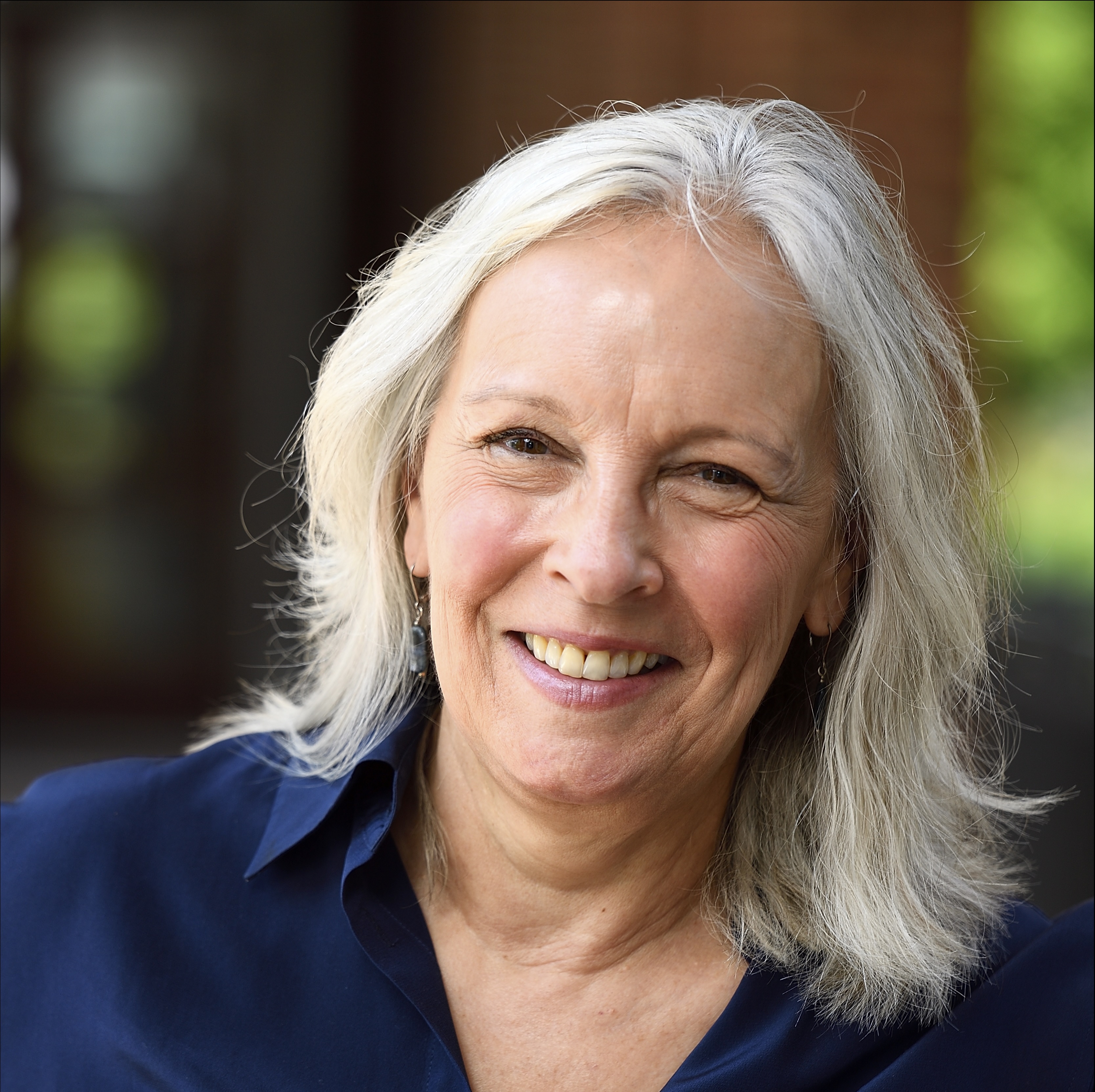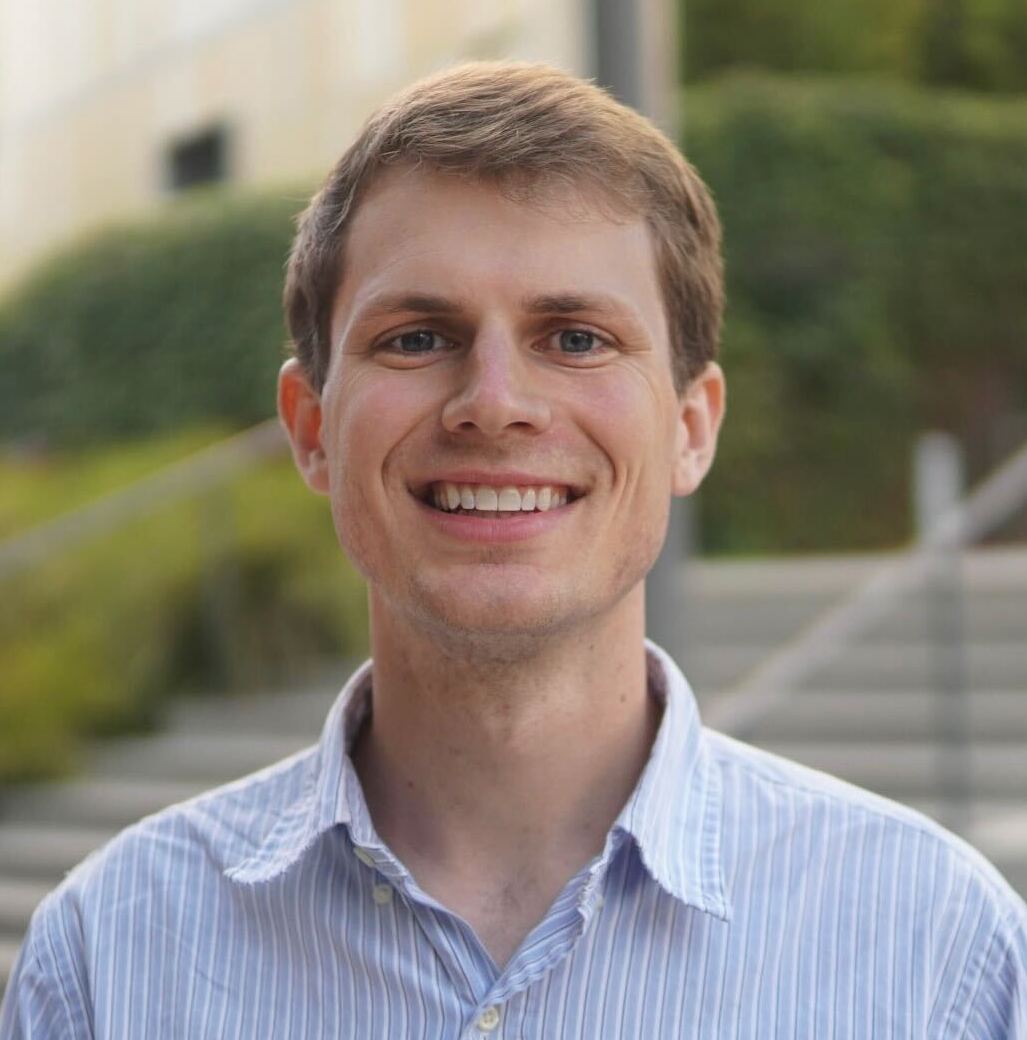Keynotes and Panel
COLM 2025 will include five keynotes and one panel. We are excited to have our keynotes and panel reflect the broad impact and intellectual spectrum of language modeling.
Keynote Speakers

Luke Zettlemoyer (University of Washington / Meta)

Tom Griffiths (Princeton University)
ABSTRACT: Current artificial intelligence systems demonstrate surprising amount of heterogeneity in their abilities, displaying superhuman competence in some tasks but puzzling limitations in others. I will argue that the tools we need for understanding this heterogeneity can be found in cognitive science, where researchers have spent decades developing theoretical and empirical methods for making sense of the capabilities of intelligent systems. Work by cognitive scientists suggests two strategies for mapping the jagged edges of AI: identifying general properties of neural networks that might translate into limitations for current AI systems, and considering cases where human minds might provide a guide to problems that pose a challenge for AI. I will present examples of both strategies, discussing some surprising cases where large language models perform poorly in predictable ways and recent results using the limits of human cognition to predict cases where large language models and vision language models fail.

Nicholas Carlini (Anthropic)

Shirley Ho (Flatiron Institute)

Gillian Hadfield (Johns Hopkins University)
BIO: Gillian K. Hadfield is the Bloomberg Distinguished Professor of AI Alignment and Governance at the Whiting School of Engineering and the School of Government and Policy at Johns Hopkins University. She is a faculty member of the Vector Institute for Artificial Intelligence and is a Schmidt Sciences AI2050 Senior Fellow. Originally trained as an economist and legal scholar, Hadfield’s research now focuses on innovative design for legal, regulatory, and technical systems for AI, computational models of human normative systems, and building AI systems that understand and respond to human values and norms.
Open LLMs in the Reasoning Era Panel
Open LLMs in the Reasoning Era Panel
A panel discussion moderated by Alexander “Sasha” Rush exploring the current state and future directions of open large language models, particularly focusing on their reasoning capabilities and the implications for the broader AI research community.


